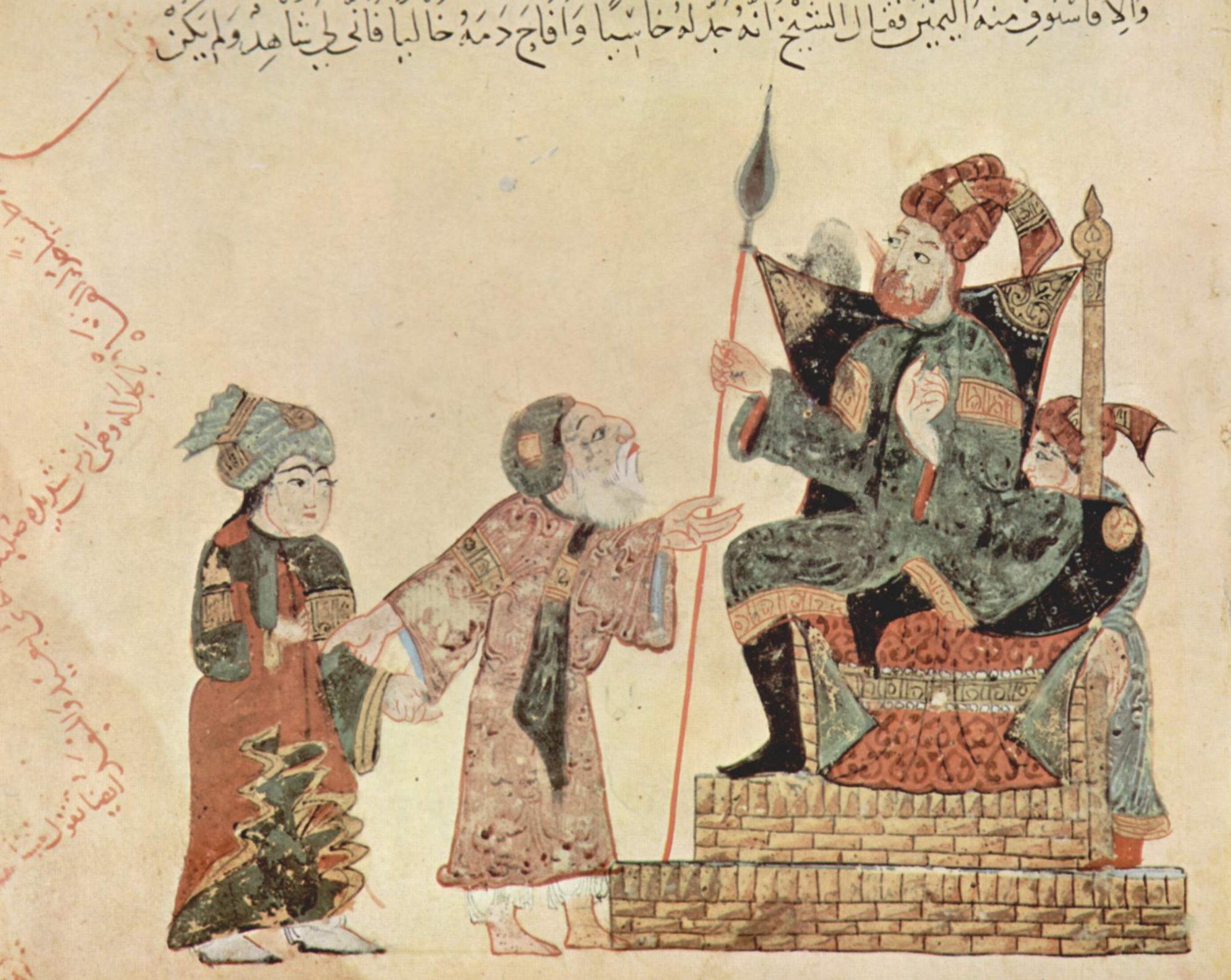On the 19th - 20th April 2018, the Centre for Middle Eastern Studies, University of Bergen will host the workshop Maslaha, Siyasa and Good Governance: Shari’a and Society. This two-day event is organised as part of the Humanities in the European Research Area ( HERA) “Uses of the Past” joint research programme.
A challenge for the Islamic Shari’a is that it should span from a religious ideal to a social and political reality. Islamic thinkers have long discussed whether this should primarily take the form of a fixed set of rules to be applied “because God has said so”, or whether these rules reflect a divine intention (Ar. maqasid) which humans can grasp, the intention of welfare for mankind (maslaha). If the latter, should Muslims seek the rules and methods that best furthers these intentions in contemporary society? This has been a central issue for reform and modifications of Islamic practices for centuries, as well as today.
Linked to this discussion is the issue of authority. The Shari’a gives the state (the “ruler”) the authority to implement rules and make decisions beyond the literal rules of the Shari’a when they follow its intentions, this is called siyasa shar’iya, “Shari’a politics”. How the limits for the state’s freedom of action within Shari’a thinking goes, depends on the relationship between the ruler and the religious authorities at any time.
How are these topics discussed today? This workshop will focus on the use of concepts such as maslaha and siyasa in Islamic discussion of reform and orthopraxy. To what degree do Islamic NGOs appeal to maslaha in their activities? To what degree do Muslim thinkers today use the terms of siyasa and maslaha in their discussions of state activities and laws in Muslim, mixed and non-Muslim states? A central concept for many state-oriented NGOs is “good governance”. This term, which may be used for accountability of the ruler, or more widely for works promoting democratic practices, is in many ways akin to “promotion of public welfare”, i.e. maslaha.
The object of this workshop is to see the relationship between these modern ideas of reform and the classical fiqh debates on the same topics. Do modern Islamic thinkers refer to the classical debates at all; and if so, are the fiqh concepts simply used as rhetoric, putting a classical name to a modernist concept, or are contemporary debates informed about the classical fiqh argument? How is the fiqh debates of the past used in the present?
Keynotes speakers will be:
Mohammad Fadel, University of Toronto: “The Meaning of Maslaha, and Its Place in Sunni Political Thought.”
Felicitas Opwis, Georgtown University: “How did Maṣlaḥa become so Ubiquitous? The Historical Transformation of Maṣlaḥa from a Tool of Law-Finding to the Maqāṣid al-Sharīʿa System”.
The workshop will also include participants from civil society organizations.
Papers are invited from a variety of approaches and subjects within the framework described above, from graduate students to established researchers.
